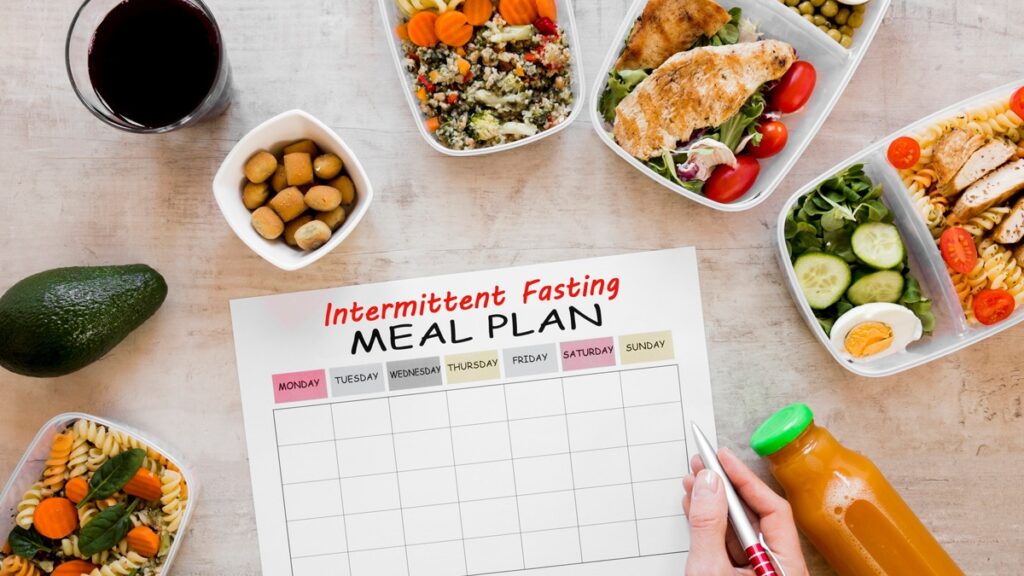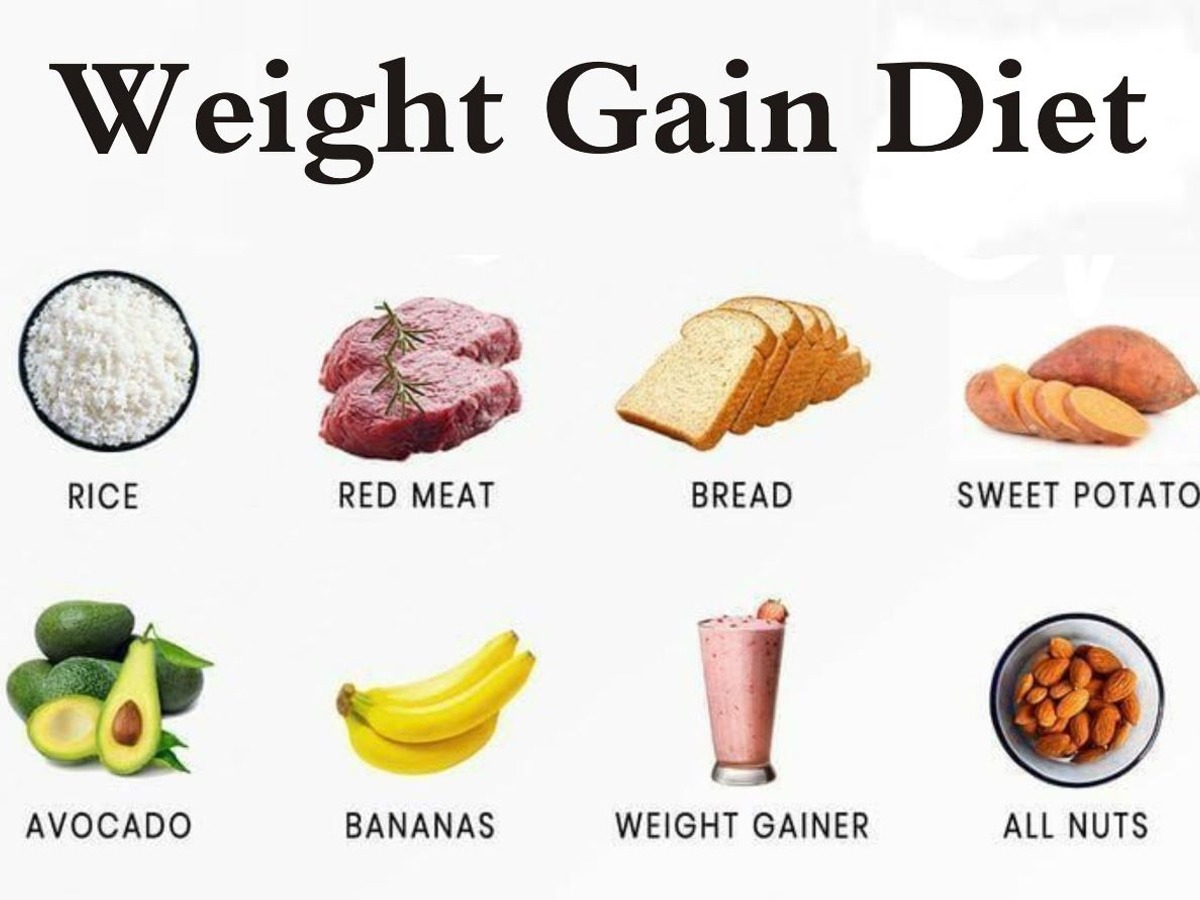Intermittent fasting involves cycling between eating and fasting periods. Unlike traditional diets, it doesn’t prescribe specific foods but focuses on when to eat. The plan recommends a nutritious diet during eating windows. Fasting can occur for 16 hours daily or 24 hours twice a week. It reflects ancient human practices of adapting to food scarcity. Modern society sees fasting for spiritual reasons in various religions, making periodic fasting a more natural approach than frequent daily meals.
How Does Intermittent Fasting Work?
- Intermittent fasting: Involves choosing specific time periods for eating and fasting.
- Different schedules: Examples include an 8-hour daily eating window or eating one meal a day twice a week.
- Metabolic switching: After hours without food, the body shifts to burning fat, according to Mattson.
- Contrast with typical eating: Many Americans eat throughout the day, relying on consumed calories and not burning fat stores.
- Mechanism: Intermittent fasting extends the time between meals, allowing the body to transition from burning recent calories to burning stored fat.
Intermittent Fasting Benefits
- Thinking and Memory: Intermittent fasting enhances working memory in animals and verbal memory in humans.
- Heart Health: It improves blood pressure, resting heart rates, and other heart-related measurements.
- Physical Performance: Fasting for 16 hours leads to fat loss while maintaining muscle mass. Mice on alternate-day fasting show better running endurance.
- Type 2 Diabetes and Obesity: Intermittent fasting prevents obesity in animal studies. Obese adults may lose weight, reduce fasting glucose, insulin, and leptin levels, and improve insulin resistance.
- Tissue Health: It reduces tissue damage in surgery and improves overall results in animals.
Intermittent Fasting Side Effects
Intermittent fasting may bring about temporary side effects like hunger, fatigue, and headaches, but these usually subside within a month. While it can be easier for some to stick to than daily calorie counting, others with busy or unpredictable schedules may find it challenging to maintain an intermittent fasting routine.
Tips For Successful Intermittent Fasting
- Stay Hydrated: Ensure adequate hydration during fasting to prevent dehydration, curb hunger, and cravings.
- Plan Your Meals: Effective meal planning is crucial; have healthy, satisfying meals ready when your eating window opens to avoid impulsive choices.
- Choose Nutrient-Dense Foods:
- Fruits and vegetables: High in essential minerals, vitamins, and fiber for satiety.
- Lean protein: Include chicken, fish, beans, and tofu for protein without excess calories.
- Whole grains: Opt for quinoa, brown rice, and whole wheat for more nutrients and fiber.
- Stay Active: Engage in regular, low to moderate-intensity exercise for weight loss and overall health, ensuring proper refueling during your eating window.
Intermittent Fasting Methods
There are various intermittent fasting methods that you can choose to follow:

How To Do Intermittent Fasting?
- Alternate-day fasting:
- Eat a regular diet one day.
- Fast or have a small meal (less than 500 calories) the next day.
- 5-2 fasting:
- Consume a regular diet five days a week.
- Fast or limit calories to 500-600 on two non-consecutive days.
- Daily time-restricted fasting:
- Eat within an eight-hour window each day.
- For example, skip breakfast and eat lunch around 11 a.m., dinner by 7 p.m.
7-Day Reference Meal Plan For Intermittent Fasting

| Day | Eating Day | Fasting Day |
|---|---|---|
| 1 | Breakfast: Upma, glass of low-fat milk | |
| Snack: Roasted chickpeas | ||
| Lunch: Dal with greens, brown rice, carrot raita | ||
| Snack: Fruit salad | ||
| Dinner: Grilled fish with stir-fried vegetables | ||
| 2 | Water, herbal tea, black coffee only | |
| 3 | Breakfast: Masala omelette, whole wheat toast | Water, herbal tea, black coffee only |
| Snack: Greek yoghurt with seasonal fruits | ||
| Lunch: Whole wheat roti, chana curry, cucumber salad | ||
| Snack: Carrot sticks with hummus | ||
| Dinner: Chicken tikka with grilled vegetables | ||
| 4 | Water, herbal tea, black coffee only | |
| 5 | Breakfast: Vegetable poha with a side of yoghurt | |
| Snack: Mixed nuts | ||
| Lunch: Quinoa salad with chickpeas and cucumber | ||
| Snack: Roasted makhana | ||
| Dinner: Palak paneer with brown rice | ||
| 6 | Water, herbal tea, black coffee only | |
| 7 | Breakfast: Moong dal cheela with mint chutney | Water, herbal tea, black coffee only |
| Snack: Fruit smoothie | ||
| Lunch: Vegetable rice and dal khichdi with raita | ||
| Snack: Mixed seeds | ||
| Dinner: Grilled tofu with stir-fried vegetables |
Side Effects Of Intermittent Fasting Diet Plan
- Hunger:
- Feeling hungry is common initially as your body adapts to fasting.
- Hunger tends to subside as your body gets used to the fasting cycle.
- Staying well-hydrated and consuming non-caloric beverages helps manage hunger.
- Headaches:
- Headaches may occur, often due to dehydration or caffeine withdrawal.
- Drinking enough water and gradually reducing caffeine intake can alleviate headaches.
- Fatigue:
- Feeling tired is common during the adjustment phase of intermittent fasting.
- Adequate rest, a balanced diet during eating windows, and hydration can minimize fatigue.
- Irritability:
- Mood swings or irritability may arise due to hunger or hormone fluctuations.
- Practicing self-care, maintaining a positive mindset, and seeking support can help manage irritability.
Foods To Eat During Intermittent Fasting
- Fruits:
- Choose nutrient-rich fruits like avocados, high in unsaturated fats for prolonged satiety.
- Opt for berries, rich in flavonoids, supporting cellular activities during fasting.
- Prefer fruits low in fructose for better metabolism without excess calories.
- Vegetables:
- Include all types of vegetables, with a focus on cruciferous ones like cauliflower and broccoli.
- Fiber-rich vegetables keep you full, promote smooth bowel movements, and aid in digestion.
- Whole Grains:
- Whole grains like buckwheat, barley, quinoa, oats, and brown rice are excellent choices.
- Packed with protein and fiber, they provide sustained fullness and support overall digestive health during intermittent fasting.
Foods To Avoid During Intermittent Fasting
- Processed Food:
- Eliminate heavily processed foods from your intermittent fasting routine.
- Opt for whole wheat flour and healthy grains over refined options to avoid empty calories.
- Sugary Products:
- Avoid high-sugar foods as they lead to rapid blood sugar spikes and increased hunger.
- Sugar lacks essential minerals and nutrients, contributing only to calorie intake.
- Junk Food/Convenience Food:
- Make mindful choices, realizing junk food lacks essential nutrients.
- Prioritize nutrient-rich options for overall health, not just during fasting periods.





